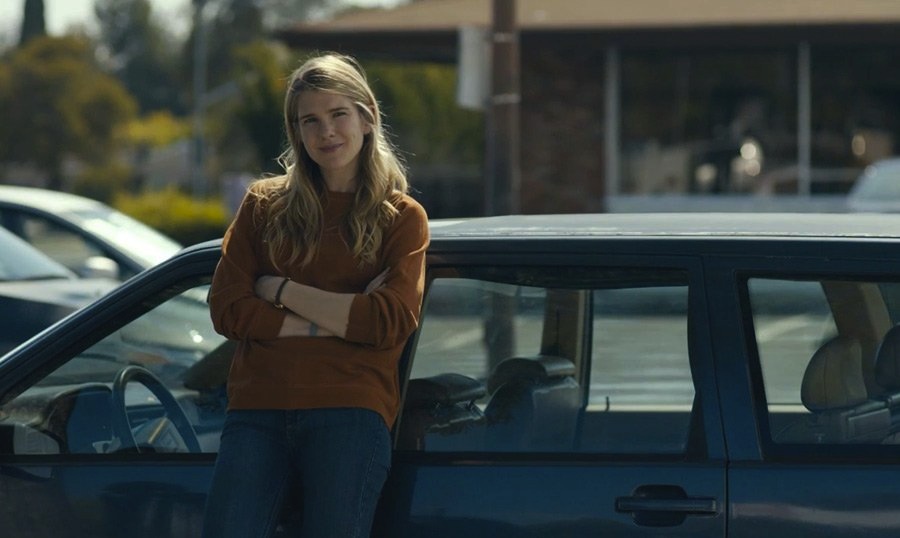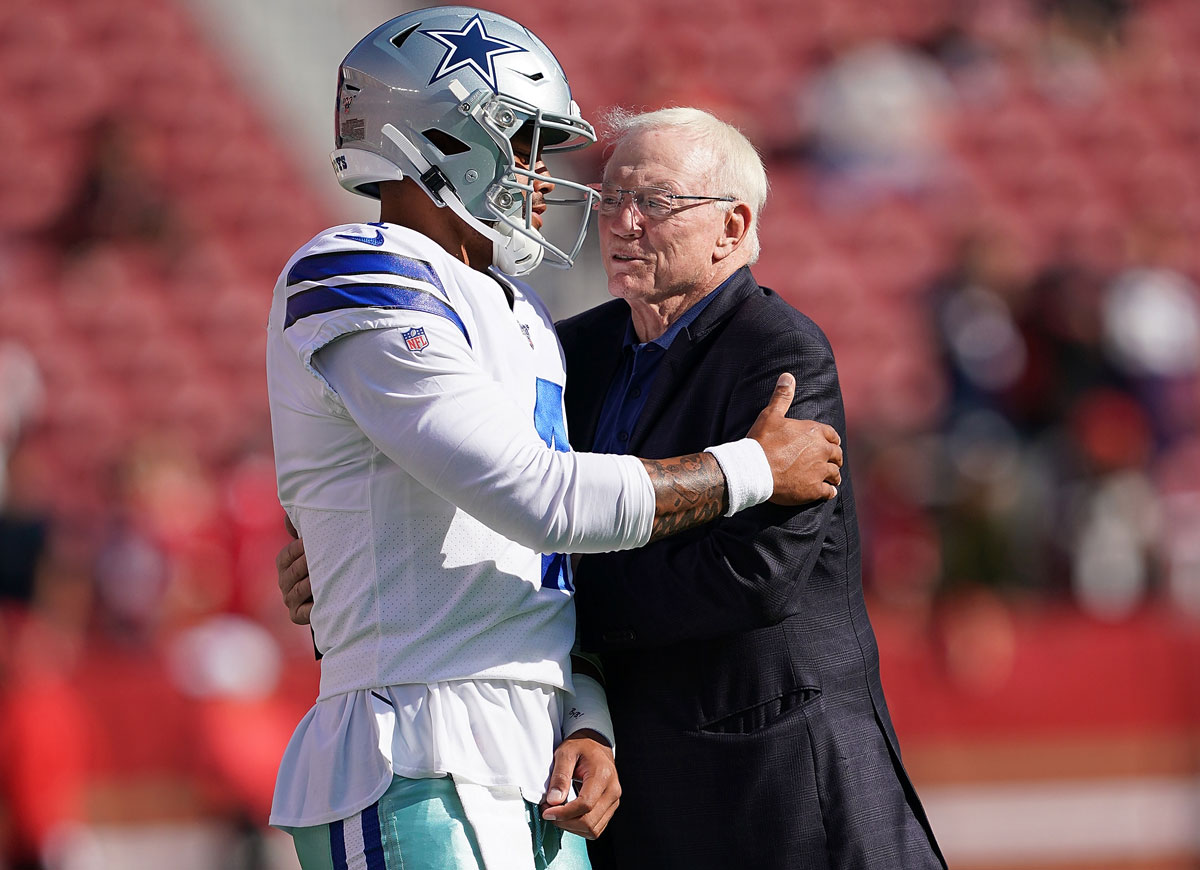‘Miss Stevens’ Review: Lily Rabe Is Awkwardly Brilliant In Coming-Of-Age Tale About Teacher-Student Relationships

4.5/5
Two teachers, one a man, the other a woman, stand outside a bland-colored hotel, smoking cigarettes. The man turns to the woman. “You wanna know how I’ve lasted so long,” he says, unsolicited. She stares at him. The man continues. “I don’t get involved,” he smugly deadpans. The man’s philosophy, the refusal to involve oneself emotionally with the triviality of his students’ lives, to breakdown a wall between the composed adult-in-charge and the suffering child, sits at the core of Miss Stevens, a new drama opening this week from writer-director Julia Hart.
Hart’s directorial debut, which stars American Horror Story alum Lily Rabe as the eponymous lead, presents a quirky, off-beat depiction of what happens when an awkward and emotionally-stunted English teacher takes four of her students to an out-of-town drama competition. Things take a turn for the uncomfortable when troubled student William “Billy” (played by newcomer Timotheé Chalamet) begins to act out, growing inappropriately closer to Stevens as a result. Stuck being the responsible chaperone, Stevens has to choose between emotion and the perceived coldness—and isolation—of being an authority figure. From the start, Stevens becomes someone already willing to bend the rules, letting Billy attend the competition despite not having completed a test on The Great Gatsby, because she knows it means so much to her recently medicated student.
Miss Stevens and Billy are accompanied by teacher’s pet Margot, played by Lili Reinhart, and Sam, played by Anthony Quintal, AKA YouTube sensation, Lohanthony. Reinhart plays the part of the do-good busybody convincingly, whereas Quintal channels a calmed-version of his signature sassy YouTube persona. Both Sam and Margot don’t develop out of their archetypes, but that has more to do with their screen time than performance. Hart instead chooses to focus on kindred spirits, Stevens and Billy, who increasingly spend more alone time together. Chalamet, whose appearance and mannerisms as Billy suggest the Tumblr generation’s answer to the modern-day James Dean, plays the emotionally imbalanced teenager with a cool aloofness. He’s both sauve and sometimes silly, and it’s his instability that forces Stevens closer in order to monitor his behavior.

Left to right: Timotheé Chalamet as Billy; Anthony Quintal as Sam; Lili Reinhart as Margot; Lily Rabe as Rachel Stevens.
This proves difficult, given Miss Stevens herself is a woman-child. She’s a unique character—as opposed to the ubiquitous man-child—and that gives Hart and Rabe carte blanche to determine what that means. Stevens stumbles over words; she’s bad a small talk, accidentally curses in front of her students when she forgets to change a tire and it blows, and has a propensity to space out, usually to oldies music (the sound and visual edits in these moments are fantastically funny, playing on the volume interchange between a blaring movie soundtrack and a on-camera car radio). She makes mistakes. She’s a loner. And yet, Rabe’s performance conveys an absentminded innocence, something much more endearing and empathetic than the irresponsible adults that populate comedies. Her behavior doesn’t stem from laziness or bad attitude, à la Cameron Diaz in Bad Teacher, but rather from a sense of being out-of-sync with both her emotions and with how she must regulate them. Stevens quickly finds this is true for adult relationships too, as an attempt at forbidden romance with married teacher, and main sleaze, Walter (Ron Huebel), quickly sours upon his cold insistence that they immediately forget their one nightstand. When this clumsy innocence and immaturity turns to pain, Stevens and Billy begin to relate on an emotional level beyond any of the other characters, for his problems are as big as her own. This proves all the more the painful when Stevens must shove them back into the child-sized, and therefore trivial box where they appropriately belong in their relationship.
A drama competition presents a perfect way to visually represent the unveiling of raw emotion framed as an act. Both Rabe and Chalamet share a theater background, and those skills are on full display in emotional scenes in hotel rooms that ultimately feed into Billy’s incredible one-take monologue and breakdown. With consistent camera framing designed to mimic the on-the-stage, in-the-audience flip of an actual theatrical production, the bared emotions of Miss Stevens often hit like play, like you are sitting watching these teenagers “pretend’ to strip their souls raw for disinterested judges. Of course, for Billy and Stevens, the emotions is all too present, all too real. This leads to a charged climax that successfully and thankfully eschews any form of sexual tension assumed. This isn’t a Lifetime movie.
Miss Stevens works best in its gradual revelations about the emotionally-damaged educator, and as previous visual flashes to weird or unexplained behavior—crying, staring at texts from her mom— start to connect, an image forms of a woman who’s not so much immature as she is suspended in time, floating. It’s subtly moving and relatable, masked with well-timed comedy that slowly strips away to reveal a raw and unique coming-of-age-story that bridges the emotional gaps between child and adult.
Miss Stevens comes out in theaters September 16 in NYC and September 20 in Los Angeles.
RELATED ARTICLES
Get the most-revealing celebrity conversations with the uInterview podcast!

 Click here for the Best Celebrity Bikinis Of Summer 2016 Photos Slideshow
Click here for the Best Celebrity Bikinis Of Summer 2016 Photos Slideshow



Leave a comment